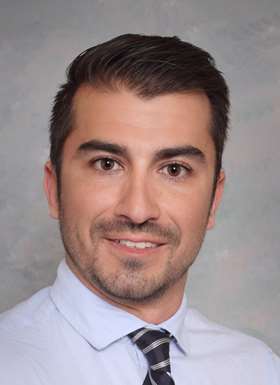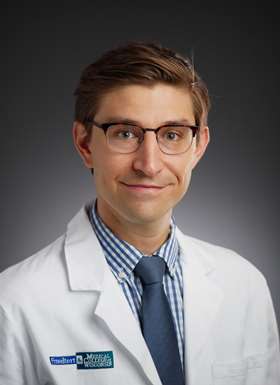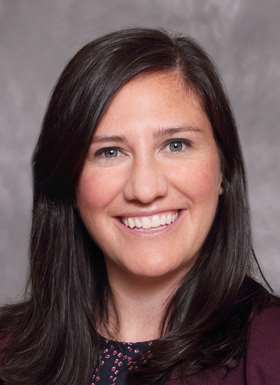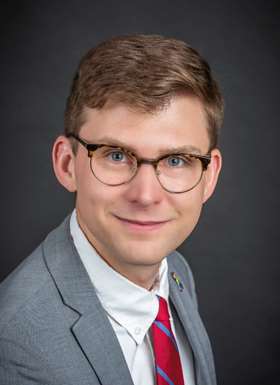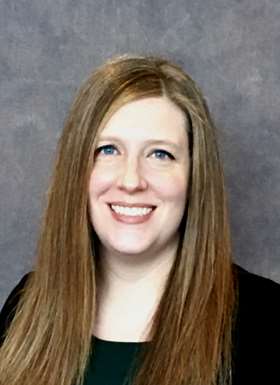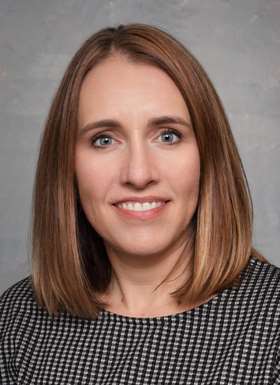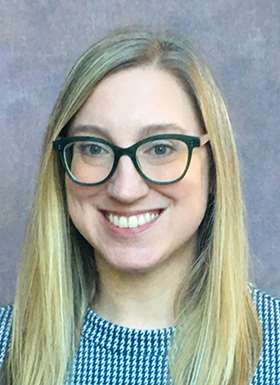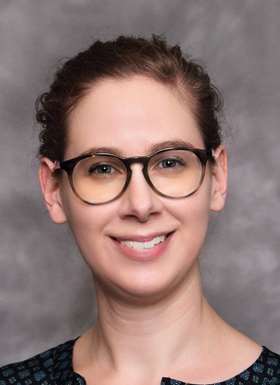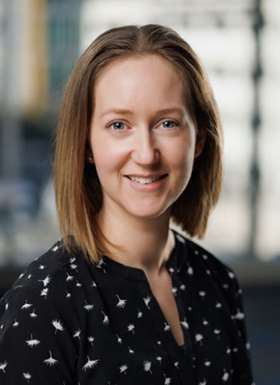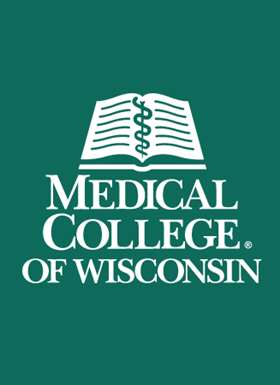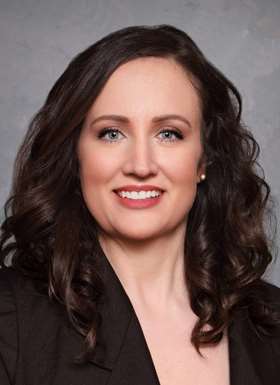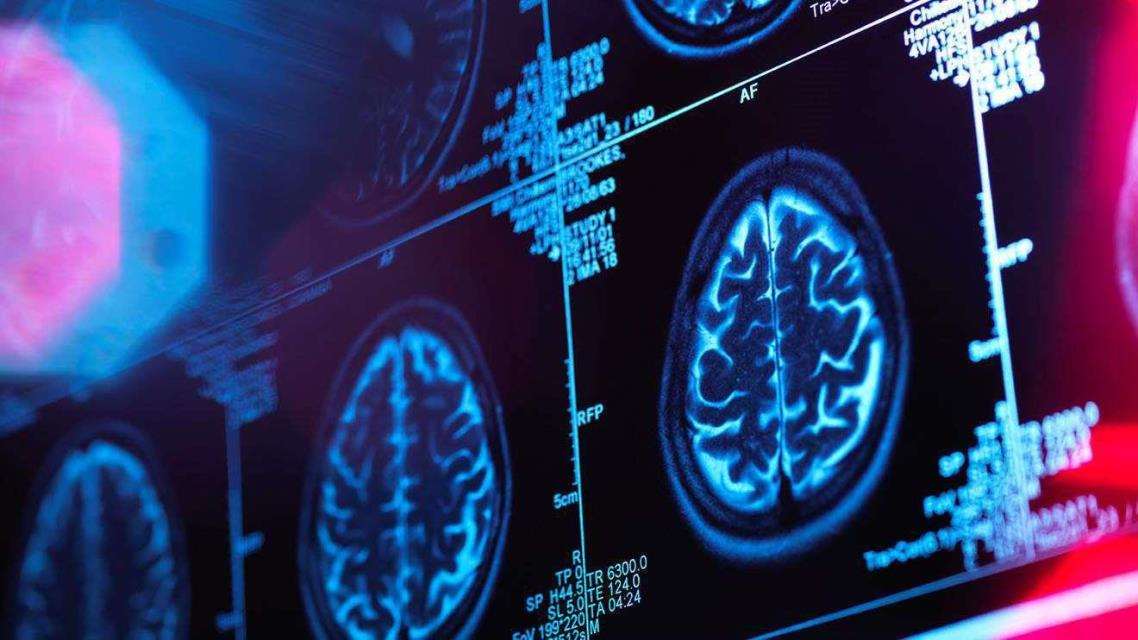Medical College of Wisconsin Neuropsychology
About the Neuropsychology Clinic
The clinic was established in 1979 by the Department of Neurology of the Medical College Wisconsin and its affiliated hospitals. Adult patients are seen at Froedtert West. Children are seen at the MCW neuropsychology clinic located at the Children's Wisconsin in the Children's clinic building. Consultations are also made to other hospitals, attorneys and school systems.
About the Neuropsychology Division
Background
The Neuropsychology clinic was established in 1979 and serves both pediatric and adult populations at their respective clinic locations inside Children’s Wisconsin and Froedtert Hospital. The clinic provides neuropsychological assessment to children and adults and consultation to professional community agencies in the Southeastern Wisconsin region. Sara J. Swanson, PhD, ABPP is the Chief of the Adult Neuropsychology Section which consists of 10 adult neuropsychologists. Amy Heffelfinger, PhD, ABPP is Chief of the Pediatric Neuropsychology which consists of 6 pediatric neuropsychologists. The division also includes fellows, clinical and research psychometrists, practicum students, and other dedicated support staff. Throughout all aspects of work and interaction, the division promotes racial and cultural equity in education, clinical care and research.
Clinical Mission
The Neuropsychology clinics at Froedtert Hospital and Children’s Wisconsin serve adults and children with a referral area that includes Southeastern Wisconsin and northern Illinois. The child and adult specialty clinics aim to evaluate, aid in diagnosis, help inform and direct treatment, and monitor cognitive changes over time. Several clinics operate in tandem with other disciplines, including neurology, neurosurgery, pediatrics, physical medicine and rehabilitation, cardiology, orthopedics, physical therapy, psychology, psychiatry, speech therapy, and social work to ensure comprehensive management of each individual patient. The child neuropsychology program offers specialty clinics or services including a medical and neurosurgical evaluation rotation, preschool and infant neuropsychological testing clinic (PINT), complex syndromes rotation, acute neurological inpatient evaluation service and follow-up clinic, autism clinic, and multidisciplinary sports concussion clinic. The adult neuropsychology program offers specialty clinics or services including the Interdisciplinary Memory Assessment Program (IMAP), comprehensive epilepsy program, medicolegal evaluation service, neuro-oncology cognitive clinic, mild traumatic brain injury clinic, normal pressure hydrocephalus service, deep brain stimulation clinic, congenital heart disease clinic, post-stroke cognitive clinic, and general neurological assessment. In addition, neuropsychologists provide specialty brain mapping services including intra-operative cognitive mapping for brain tumor and epilepsy patients, functional MRI for mapping language prior to brain surgery, and intracarotid sodium amytal testing to lateralize language and memory prior to brain surgery.
Education
In addition to educating patients and their families, faculty and fellows make presentations to community and professional groups at the national and international level. Faculty give lectures on neuropsychological conditions and cognition to other academic departments at MCW. The neuropsychology program has trained over 100 fellows in its adult and child clinical neuropsychology post-doctoral fellowship program. The fellowship training program is accredited by the American Psychological Association’s Commission on Accreditation for Clinical Neuropsychology, is a member of the Association of Postdoctoral Programs in Clinical Neuropsychology and adheres to the Houston Conference standards for specialty training in clinical neuropsychology. The purpose of the fellowship program is to provide doctoral level psychologists with sufficient clinical and research competencies to practice independently in the specialty of clinical neuropsychology.
Research
Faculty from both the child and adult neuropsychology program actively participate in research and have published over 100 articles in the past five years. At present, research is being conducted on neurobehavioral aspects of aphasia, congenital heart conditions, dementia, dyslexia, epilepsy, genetic disorders, infant and preschool development, neuro-oncology, traumatic brain injury, sickle cell disease, spina bifida, electrical brain stimulation, and functional brain mapping with state-of-the-art imaging techniques.
Clinical Neuropsychology Fellowship Program
The Division of Neuropsychology offers two-year postdoctoral fellowships in pediatric and adult neuropsychology. The purpose of the training program is to provide doctoral-level psychologists with sufficient clinical and research competencies to practice independently in the specialty of clinical neuropsychology.
Programs
Meet Our Team
